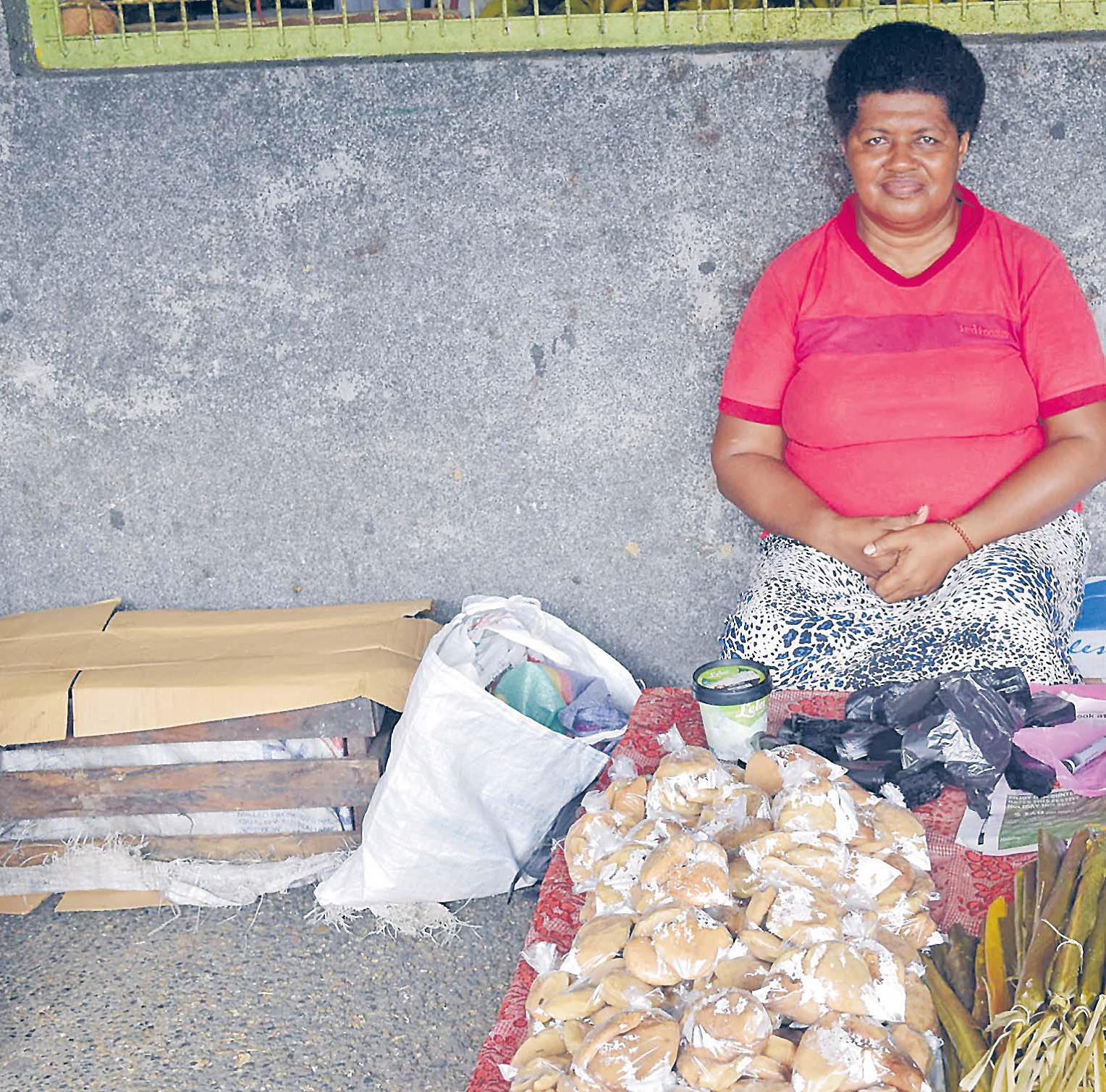It’s that time of the year again when ivi, or Tahitian chestnuts, are in season.
It’s also that special time when Selai Rokosevu gets up before dawn in search of ivi in the forest near Naisogovau, Dravo in Tailevu.
To get half a bag, she makes sure she reaches the forest before other women do.
“There are a lot of us in the village but there are only a few trees so picking ivi found on the ground is like a competition. If you wake up late, you’ll get none,” she said.
For Selai, selling ivi at the Suva Municipal Market is usually the culmination of many days of hard labour.
One day is spent on picking, another day is spent on cutting and removing the nut from its tough seed coat and another day is set aside just for cooking.
“In between, I do my other household chores such as washing clothes, cleaning the house and doing the dishes. Then I continue preparing my ivi for market day,” Selai said. The toughest part of her job is cooking the tough nut so that it is soft enough for chewing.
“When I cook my ivi, I add a bit of salt to taste and make sure I use the best firewood from the forest because if you do not do this stage properly my end product will be hard to bite and taste awful.
“Sometimes, I pay people to look after the fire for me while I sleep or buy them grog so they are awake in the night. That’s how important boiling your ivi well is.”
A good boiling session can last up to 12 hours and the ivi pot may be replenished with water five or six times during this process.
“The best time to remove the cooked product from the pot is just before the bus arrives at around 6am so that it is still very hot when put in buckets and transported to the market.
“As soon as I reach the market, the ivi is packed in plastics and sold for $3 a pack.”
On the day The Fiji Times caught up with her at the Suva market, she had just started selling the first few of her 61 packs while also trying to sip tea and grab a bite for breakfast.
“Some people sell ivi that’s still a bit too hard and should have been boiled longer. But if you boil it really well until tender, people will love buying it from you and will come back for more. You’ll probably have a few regular customers.”
Selai started selling at the market, a term locally known as basa, when she was still in primary school. She said she had to learn the hard way because her parents did not have a good education.
“I used to follow my mum to the market on Saturdays. One day she fell ill so she asked me to sell for her,” she said.
“I had never been to the market on my own before this so going alone to sell was almost impossible to do. I was afraid at first but after I felt money in my hands, I was okay. I knew my family’s survival and income depended on me that day.”
Like many women market vendors, money earned is spent on the family.
“My priority is always my family. If I have to contribute to a village or church obligation, I will first make sure my family is OK, we have food, bus fares, clothes and other needs are taken care of.”
“I don’t give to the church or village and then go and kerekere (ask) to supply my family’s needs. I take care of my family first then others later.”
Selai said as home keepers, women needed to learn how to budget money wisely.
“If a mum knows how to plan and budget, her family will be well looked after. If she is a good disciplinarian and teacher, her children will have manners and will be successful in life. What I’m saying is a mother’s role is important in keeping the family together.
“Selai has four children who are all grown up. She sells outside the Suva market at a spot between gates 14 and 15.





